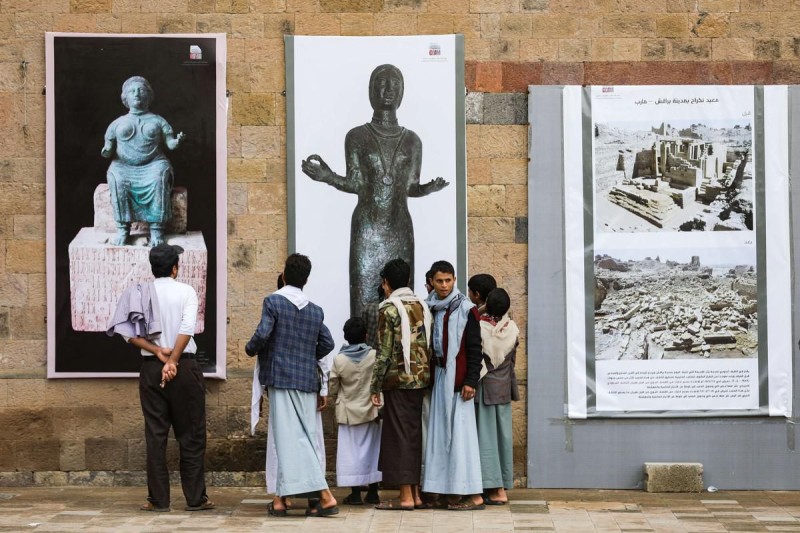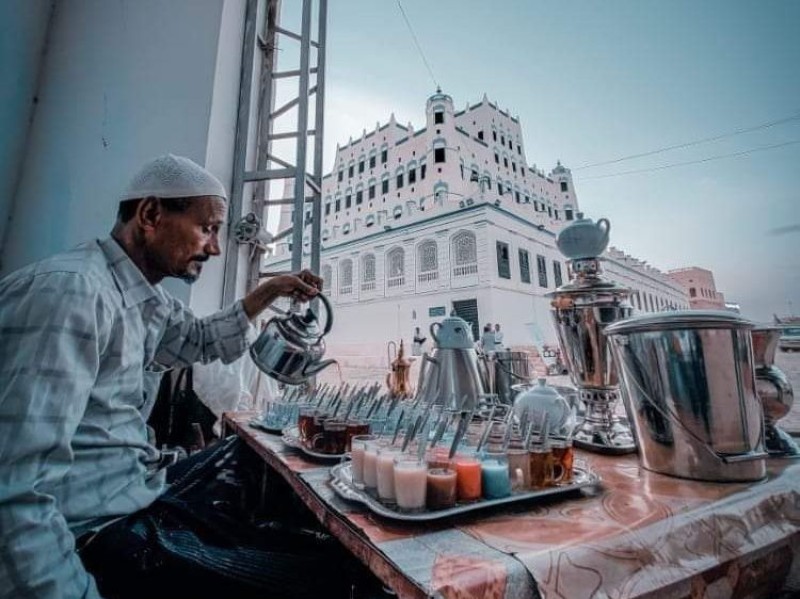Yemen’s Gov't Stresses Adherence to Collect Oil Imports Duties


Yemen’s legitimate government affirmed in a letter sent to the United Nations that it sticks to its decision to collect customs duties and taxes on fuel imports to the Houthi-controlled Hodeidah port.
It said this comes as part of its plans to reform the financial system and pay salaries to the employees.
Yemen’s Permanent Representative to the UN Abdullah al-Saadi sent the letter to the UN Under-Secretary-General for Humanitarian Affairs and Emergency Relief Coordinator, Mark Lowcock.
The legitimate government said in this letter, of which Asharq Al-Awsat has received a copy, that it adheres to Resolution 49 of 2019 on the need to supply customs duties and taxes on shipments of oil derivatives before importing any shipment, including those heading towards Houthi-controlled Hodeidah port.
The government tried to defend its decision as a sovereign issue and renewed its accusation against the Houthi group of causing the fuel crisis and increasing the residents’ suffering in areas under its control.
It also accused the militias of obstructing the government's efforts to pay the civilians’ salaries.
“Resolution 49 is one of the traditional sovereign revenue laws in force in all world countries of which the coup has disrupted its application over the past period,” the letter read.
It explained that this resolution will boost its ability to fulfill its obligations to pay the civilians’ salaries in all areas and improve the humanitarian situation.
It noted that it has been able to implement its decision in all Yemeni ports and areas during the past three months without any harm to citizens.
The government also announced its readiness to provide fuel in militia-controlled areas by transferring them from liberated areas at prices lower than those imposed by the militias on citizens, provided that the UN be part of the supervision and control process to preserve the lives and property of merchants working on it.
Meanwhile, Houthi militias continue to exacerbate the humanitarian situation and fuel crisis in Sanaa and other areas they control, threatening to stop medical and service facilities.
The militias aim through these acts to pressure the government to cancel its decision and enable them to continue collecting duties on oil imports arriving in Hodeidah port.

Sana’a – The General Authority for Antiquities and Museums, operating under the control of the Houthi militia in the occupied capital S…

Hadramout — UNESCO has officially inscribed Al-Dan Hadrami, a traditional poetic and musical art form from Yemen’s Hadramawt region, on…

NewYourk  -- The renowned auction house Sotheby’s has revealed plans to present one of the rarest surviving Yemenite Torah scrolls in it…